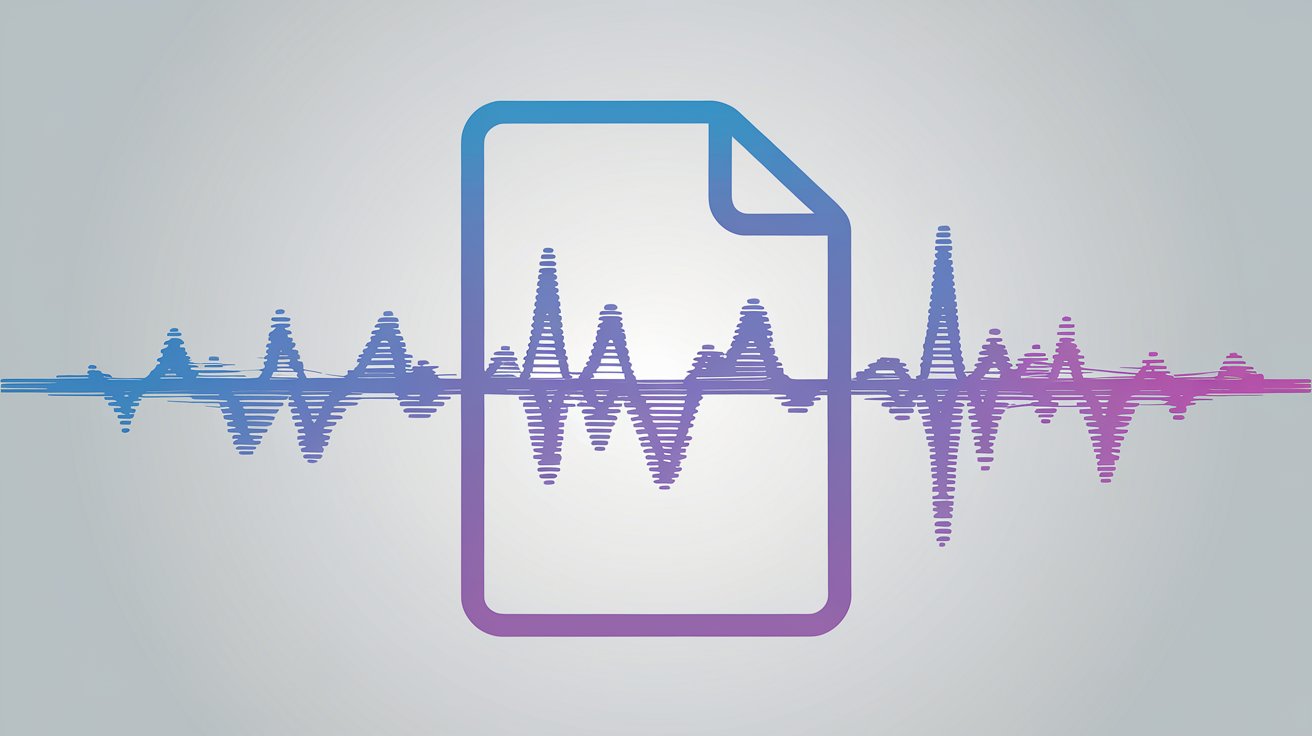Google's "Audio Overview" can turn PDFs into podcasts

Google has developed NotebookLM, an AI-powered research tool designed to help users better understand complex information. With the new "Audio Overview" feature, podcasts can now be generated between two AI moderators.
Unlike conventional AI chatbots, NotebookLM relies exclusively on user-provided sources rather than broad training material. This approach aims to minimize the risk of hallucinations, or factually incorrect statements by the AI.
With the new "Audio Overview" feature, uploaded documents can be transformed into a discussion between two AI moderators with just one click. These moderators summarize the content, make connections between topics, and engage in casual conversation.
(Google "Audio Overview" of the Fraunhofer AI test catalog)
The generated podcasts can be downloaded and listened to on the go. According to Google, the audio format is particularly suitable for people who learn better and retain information through listening.
The "Audio Overview" feature is still in the experimental phase and has some limitations. It feels similar to another Google experiment, "Google Illuminate", which turns scientific papers into audio discussions. For example, generation can take several minutes for extensive documents. Additionally, the AI moderators currently only speak English, occasionally tend to be imprecise, and cannot yet be interrupted.
NotebookLM is growing
NotebookLM is part of a series of AI products that Google introduced at this year's I/O developer conference. Thanks to the multimodal capabilities of the Gemini 1.5 language model, NotebookLM supports Google Docs as well as presentations, websites, and other formats. Functions for creating study aids and summaries have also been integrated.
Google promises that the data uploaded to NotebookLM will not be used to train other models and will not be visible to third parties. This positions the company in competition with OpenAI, which is also working on customizable AI models.
After our initial small test, we can say: The podcasts are entertaining and could provide an interesting entry point into unfamiliar subject areas, especially for people who learn better through speech than text. You can try the feature here.
AI News Without the Hype – Curated by Humans
As a THE DECODER subscriber, you get ad-free reading, our weekly AI newsletter, the exclusive "AI Radar" Frontier Report 6× per year, access to comments, and our complete archive.
Subscribe nowAI news without the hype
Curated by humans.
- Over 20 percent launch discount.
- Read without distractions – no Google ads.
- Access to comments and community discussions.
- Weekly AI newsletter.
- 6 times a year: “AI Radar” – deep dives on key AI topics.
- Up to 25 % off on KI Pro online events.
- Access to our full ten-year archive.
- Get the latest AI news from The Decoder.